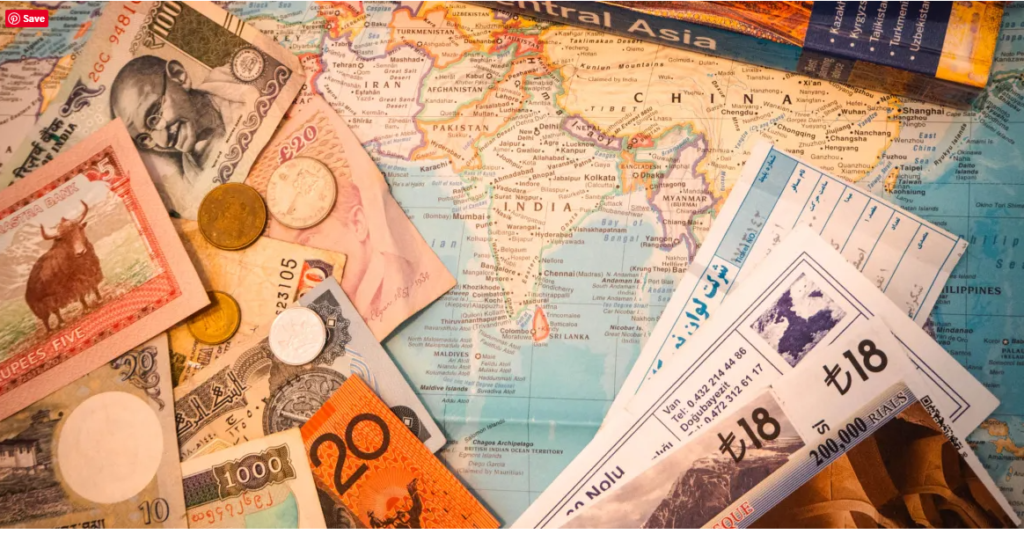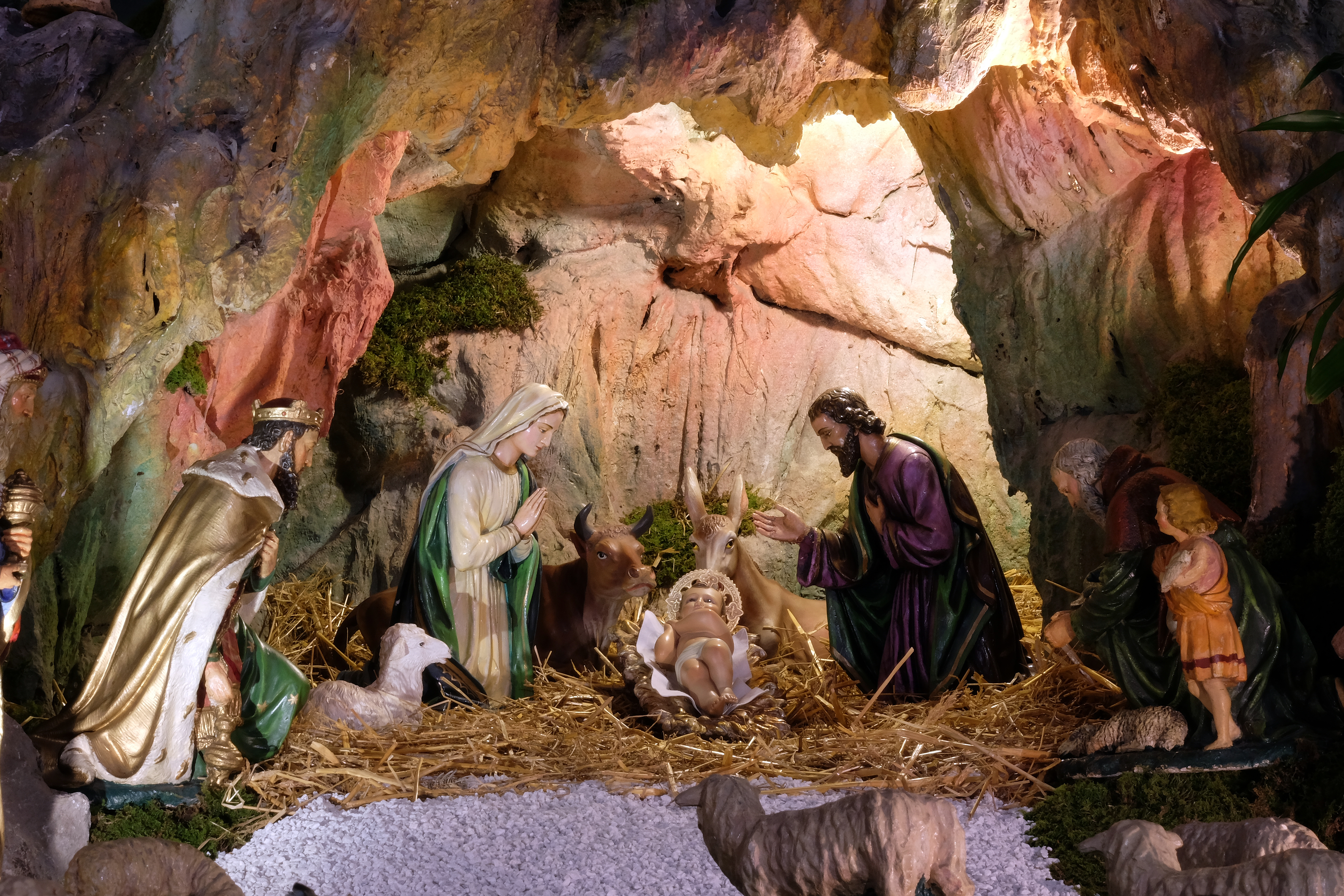Travelling doesn’t have to break the bank. With a little planning and the right money habits, you can explore the world without overspending. Here are our top economic tips for smart, budget-friendly travel.

1.Plan Ahead, Save More
Early bookings often come with discounts. Flights, accommodation, and tours are usually cheaper when reserved in advance.
2. Exchange Currency Before You Fly
Airport kiosks = poor rates and high fees.
Visit Ceylon Exchange Auburn for better rates and zero hidden charges.
3. Watch Out for Hidden Bank Fees Avoid cards with foreign transaction charges. Use a travel-friendly card or carry local cash for daily expenses
4. Eat Where the Locals Eat
Skip the overpriced tourist restaurants. Local food is usually more authentic and much cheaper.
5. Use Public Transport
Public transport is efficient and cost-effective in many cities.
Bonus: It’s also a great way to see how locals live!
6. Track Your Spending
Use a simple app or notebook to stay within your budget. Little things like snacks and tips add up fast.
7. Look for Free Activities
Many cities offer free walking tours, museum days, parks, festivals, and local events.
Bonus Tip: Use Buy-Back Services
8. Don’t lose money on unused currency.
Bring it back to Ceylon Exchange Auburn — we’ll buy it back at a fair rate.
Travel is about making memories — not losing money to bad exchange rates. By understanding how currency works and choosing a trusted exchange partner, you can stretch your budget and enjoy your trip to the fullest.
Have questions about exchange rates or currency availability? At Ceylon Exchange we are happy to help, Contact us on 02 97497775 or whatsapp us on 0425695533 and you can also visit us at our Auburn store — we’re happy to help you get prepared for your next adventure








